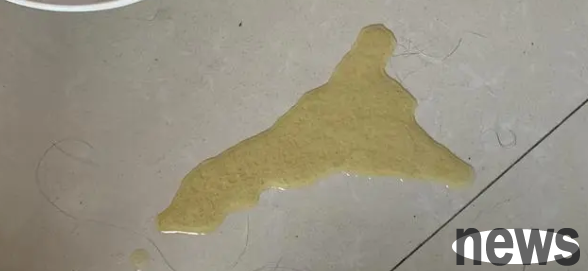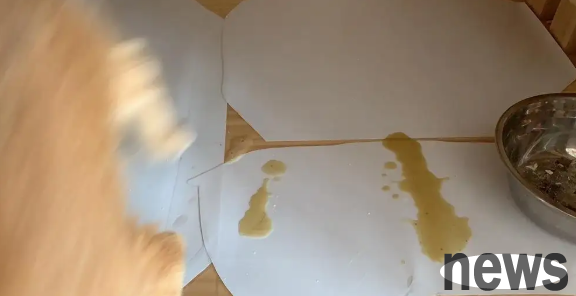1. Eating the wrong thing If a cat eats the wrong thing, it will be very irritating to the digestive tract, which may lead to thrusting and spitting yellow water. The owner should fast for half a day or a day to observe whether there is vomiting. If...
1. Eating the wrong thing
If a cat eats the wrong thing, it will be very irritating to the digestive tract, which may lead to thrusting and spitting yellow water. The owner should fast for half a day or a day to observe whether there is vomiting. If you have vomiting, you can feed some glucose water to flush the esophagus and intestines to relieve gastric acid from damage to the mucosa and replenish energy. If you continue to vomit or have symptoms of depression (drowsiness, body temperature reduction), it is recommended that the owner be sent to the hospital in time to communicate with the doctor about the food that the cat eats before vomiting, and the doctor will provide professional treatment.

2. Gastroenteritis
If a cat suffers from gastroenteritis, it will lead to severe vomiting of yellow water, even diarrhea and bloody stools, accompanied by loss of appetite and extremely poor mental state, so you must be sent to the hospital in time. Doctors will perform feces and blood tests on the cat. These tests can show the cat's stomach and intestines and water and salt balance, and then rehydrate, eliminate inflammation, and prevent vomiting and diarrhea.
3. Parasites
Cats do not deworm regularly, and may also vomit yellow water due to the influence of intestinal parasites. They are usually accompanied by diarrhea. Taking a fecal examination in the hospital can detect what kind of parasites it is, and it is enough to use medicine to abuse the insects. Use antiemetic and diarrhea drugs according to the situation to relieve symptoms. It is best to assist probiotics during the recovery period to help intestinal recovery.

4. Pancreatitis
Cats may have symptoms in the early stage of pancreatitis: vomiting, yellow water, yellow mucus, diarrhea, and the surface of the feces may feel oily, especially in obese cats. Pancreatitis is a "hidden killer" and delays treatment for a short-term high mortality rate. The owner goes to the hospital to take the cat to a pancreatitis test board (FPL) and can be detected. The treatment is carried out according to the doctor's treatment plan, and antiemetic drugs, gastrointestinal protective drugs, anti-inflammatory drugs, and liver protection drugs are used according to the condition.